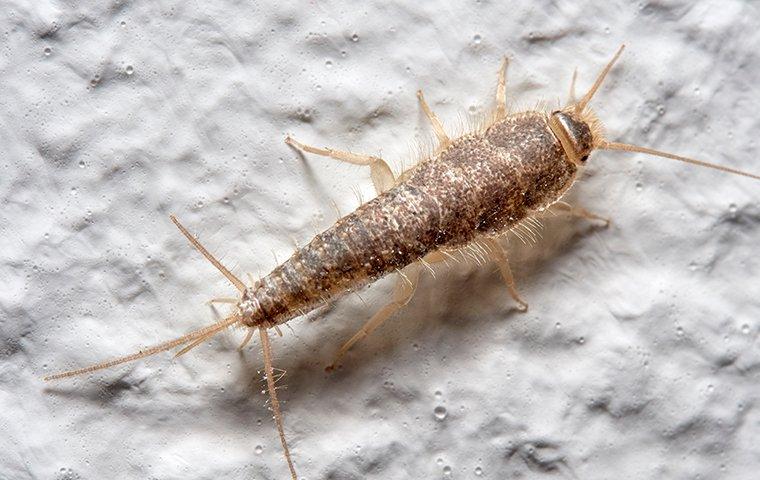While traveling, you might be tempted to bring your own homemade pest control , but some chemicals and pesticides can be harmful to other animals and the environment. In this article, the author shares seven common sense tips for avoiding summer pests that are easy to implement in order to avoid any potential damage.

Most Common Pests In A Hotel Room
When traveling, it is important to be aware of the most common pests in a hotel room. Some of the most common pests in a hotel room are bedbugs, mosquitoes, and ants.
Bedbugs are the most common pest in a hotel room. They can be difficult to control, but using caution and following some professional pest control tips can help minimize the chances of encountering them. For example, always inspect the furniture, bedding, and walls for signs of bedbugs before sleeping in a room. If you find bedbugs, do not panic; simply seal all openings into the room (including cracks and crevices) using duct tape or a vacuum cleaner with a detachable head. Leave the area until the bugs have been exterminated.
Mosquitoes are another common pest in hotels. They are attracted to carbon dioxide and sweat, so taking steps to avoid being bitten is necessary. Avoid going outside if possible (even during daylight hours), use insect repellent containing DEET, cover exposed skin areas when staying inside, and sleep in air-conditioned rooms if possible.
Ants are also common in hotels. They can be a nuisance because they tend to swarm around food and beverages. If you see
How To Prevent Guests From Bringing In Bed Bugs
When traveling, it is important to take steps to prevent guests from bringing in bed bugs. Here are a few tips to help:
1. Make sure all of your luggage is sealed and clean. Bed bugs can be transferred through items like clothing and linens, so it is important to keep anything that you will be touching during your trip clean.
2. Keep all electronics and devices out of your luggage. Bed bugs can hide inside devices like phones, laptops, and tablets, so make sure to keep them locked up in a safe place during your trip.
3. Do not bring any furniture or items that you cannot safely wash or discard back home with you. These items may contain bed bugs and could spread the infestation when you return.
By following these tips, you can ensure that you are preventing guests from bringing in bed bugs while you are traveling.
The Best Time Of Year To Travel To Avoid Air Quality Concerns
When it comes to pest control, the best time of year to travel is during fall or winter. These are the seasons when the air quality is usually the best.
Fall is the best time to travel because the weather is cool and there are fewer mosquitoes. Fall also corresponds with the pest control peak season, so you will be dealing with more pests than in other seasons. Winter is also a good time to travel because it is less humid and there are fewer flies. Finally, winter is when most exterminators are closed for vacation, giving you an advantage when trying to get service.
Tips On How To Clean And Protect Your Property When You Travel
When you are traveling, it is important to take precautions to protect your property and clean up after yourself. Here are some tips on how to do both:
1. Clean your property before you leave. This will help to reduce the chances of attracting pests when you’re away.
2. Protect your property with a pest control system. This will help to keep any pests from entering your home or property.
3. Clean up after yourself. This will help to reduce the chances of bringing pests into your home or property.
Here Are 5 Pest Control Tips That You Should Know When Traveling:
When you’re traveling, it’s important to take precautions against pests. Pests can be a big problem when you’re away from home, and they can ruin your trip.
1. Keep your food clean and sealed. Pests love food that is dirty and has been opened. Keep your food clean and store it in a clean container to keep pests away.
2. Make sure your luggage is sealed. Pests like to get into suitcases and other belongings that are left open. Make sure all of your luggage is sealed before you leave home, and don’t leave anything open that could be attractive to pests.
3. Keep your windows closed. Pests like to fly in through open windows, so keep them closed while you’re traveling to avoid problems. We have heard a lot about termites, so what matters the most is how you need to find them and how you can prevent them. Thankfully, there are some really good termite inspection services.
4. Use an air purifier. Air purifiers can help to remove some of the smells that pests like, which makes them less likely to find food or shelter nearby.
5. Use an insecticide spray. Insecticides can help to kill pests on contact, which makes them less likely to invade your home while you’re away.


